Da’Vine Joy Randolph won the 2024 best supporting actress Oscar for her role in The Holdovers. When accepting the award, she took the opportunity to thank, of all people, her publicist.
“I have to give a special shoutout to my publicist,” she said to the crowd. “I know you said, ‘Don’t say anything about your publicist,’ but you don’t have a publicist like I have a publicist.”
She was referencing a quip that actor and Oscars pre-show host David Allen Grier made about keeping acceptance speeches short by not acknowledging their entire team while on stage.
Randolph’s decision to go against Grier’s jokey advice was one of the most pivotal moments of the season. Her acknowledgement of her publicist’s hard work that was pivotal to her success earned the praise of many industry insiders, because they too know the power PR professionals hold. They make sh-t happen.
They strategize, plan, counsel, implement, schmooze, connect, correct, email, call, clean up, show up and show out for their clients. And they seldom get the proper acknowledgement for it.
This could partially be due to the larger misunderstanding of what PR is. Public relations, in case you didn’t know, is the practice of sharing information on behalf of an individual or an organization to the public in order to influence their perception.
Another reason publicists may go overlooked is because they’re servant leaders, working on the sideline to move mountains and manage fires for their clients.
“People don’t understand the amount of work it takes not only break into this industry, but earn a solid reputation for yourself,” says Sydney Cameron, an executive with AMPR, the powerhouse agency behind Issa Rae and many other Hollywood heavy hitters. The company was founded by Vanessa Anderson more than a decade ago, a time when the PR landscape was even more racially homogenous than it is now.
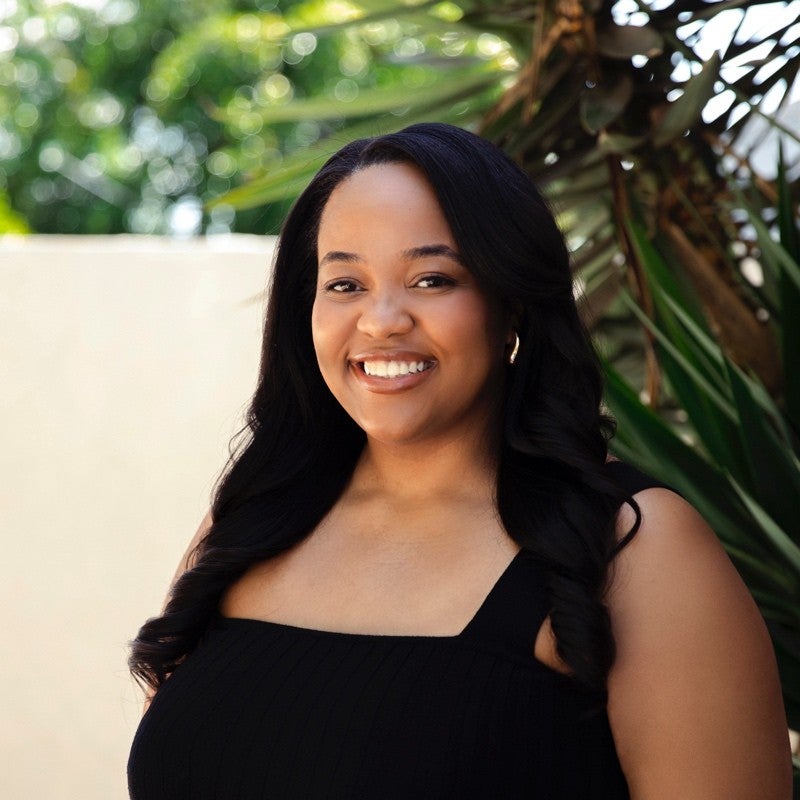
Black women are largely underrepresented in PR—holding just 10.7% of PR management jobs, despite women holding nearly 73% of all PR management jobs. 81.4% of public relations specialists identify as white, while 12.2% identify as Black. And 2015 research released by The Holmes Report found that a white female public relations professional makes an average of $9,000 more yearly than a woman of color.
Frances Armand, founder of Armand Consulting, is all too familiar with these numbers. Her firm focuses on beauty and fashion clients, two spaces that have notoriously locked out Black talent.
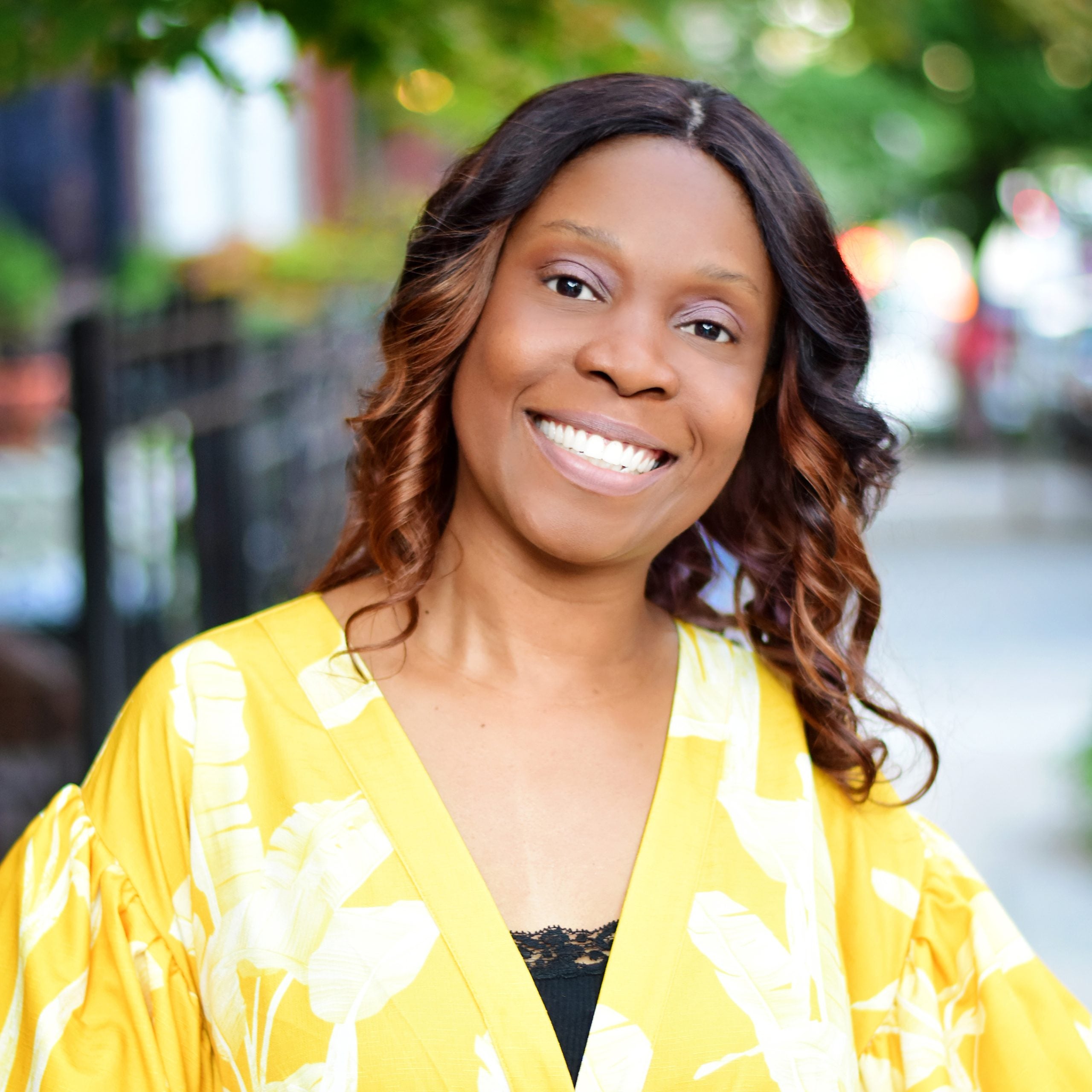
“It can be tough but when you truly believe in the work you’re doing for those you represent, you keep going.” One of her longtime clients (15 years to be exact) include Harlem’s Fashion Row, the respected arts organization that aims to connect emerging designers of color with notable brand partners. “The mission is really bigger than us, especially as Black women.”
Dreena Whitfield, founder of WhitPR, an award-winning integrated strategic communications agency who represents Amazon’s Black Business Accelerator program among others, intentionally aligns herself with clients that drive the best of the Black experience forward.
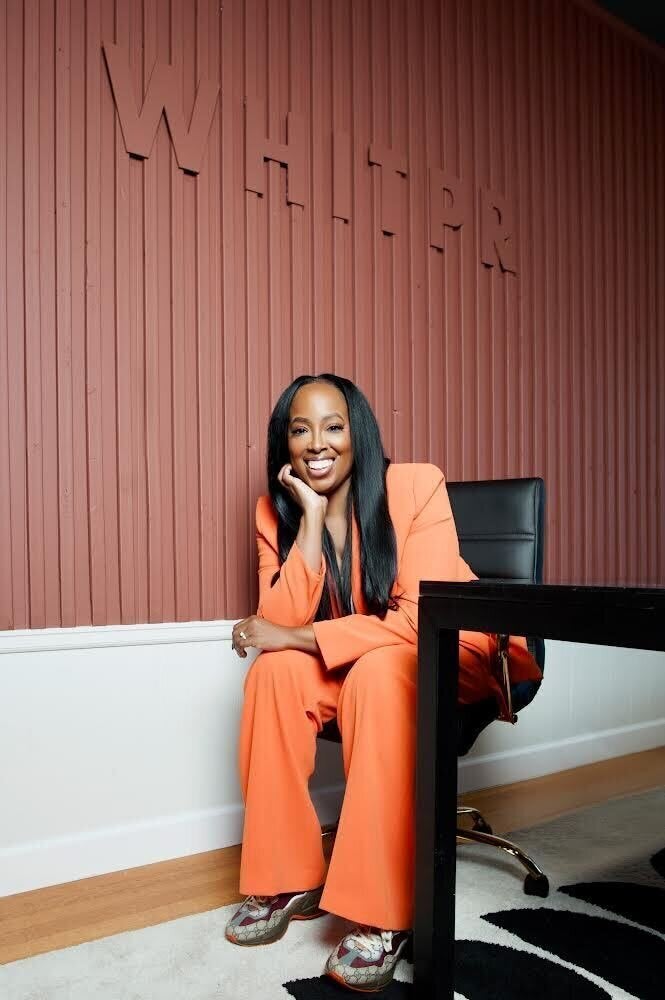
“Outside of us being a Black woman-founded and led agency, we’re a small but mighty team,” Whitfield tells ESSENCE. “Everyone we work with, we generally care about, and we want to see them win. It’s not as much as we’re interested in the monthly retainer or just keeping them on to do the work. We believe in their businesses, we believe in their brands, and we’re invested in telling their diverse stories.”
Tenille Clark, renowned journalist and founder of Chamber Media Solutions and Industry 360, two firms that center the Caribbean diaspora and has played a critical role in bringing mainstream attention to the islands, says her job hinges on her passion for diverse storytelling, an oft-underrated power.
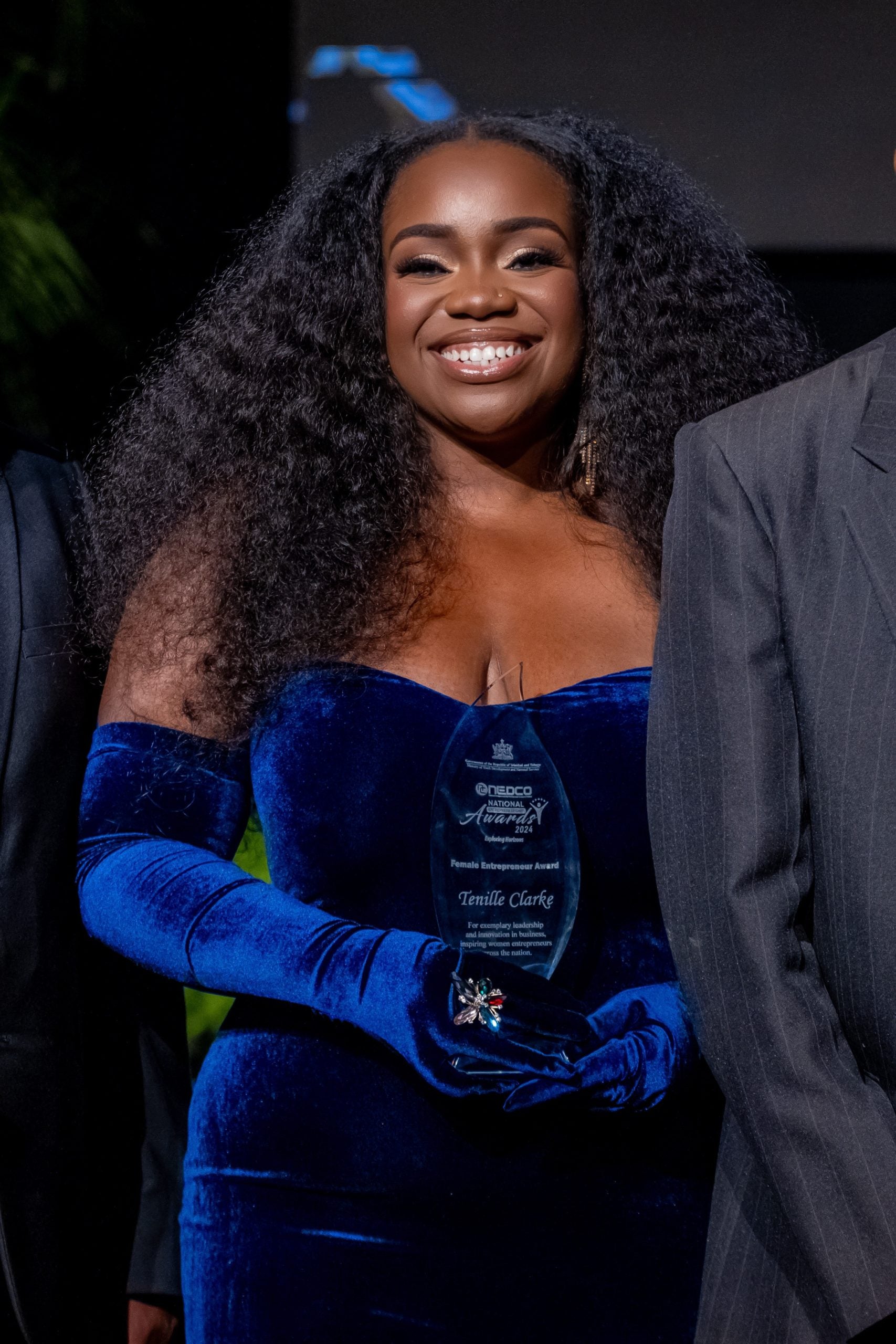
“What I realized is that there was a huge gap, not in our ability to tell stories, but for people to have the opportunity to access those stories,” Clark tells ESSENCE regarding the reason she built a career in PR that reaches back nearly a decade. “Caribbean people are natural storytellers by blood rights and by birthright. It’s never been a situation where I have felt that our stories are not compelling or meaningful enough to be told on a global stage, but I recognize that there was a definitive gap in how people overseas are able to access those stories.”
A mentee of Yvette Noel Schure, Beyonce’s longtime publicist, Clark says being a Black woman in PR is, by default, tantamount with excellence.
“You have to show up for yourself and clients in the best way everyday, that’s something I learned from my mentor.” That commitment to excellence has garnered Clark a litany of honors, including her most recent, NEDCO Female Entrepreneur Of The Year from her home country of Trinidad and Tobago.
Keisha Brewer, founder of PRoCon, an annual conference aimed at the celebration and connection of professional publicists, says mentorship is one of the most pivotal tools to success in the field, especially as Black women.
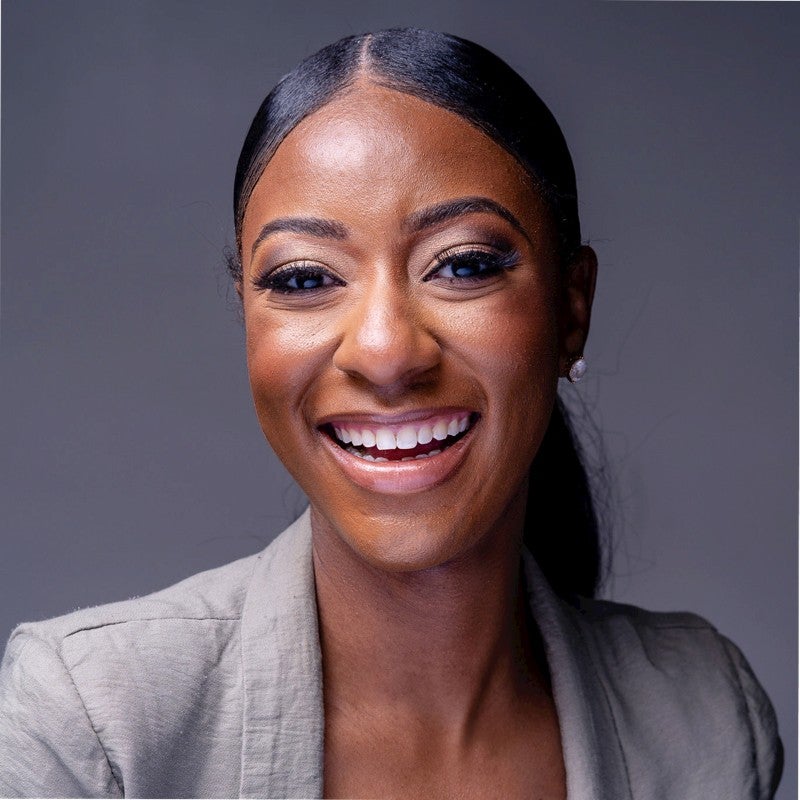
“We have to continue to pour into and learn from one another because we give everything we have to our clients—we have to replenish our sisters,” Brewer tells ESSENCE. “One of the reasons I started the conference was because I knew Black publicists deserved to be acknowledged, applauded and uplifted for the work we do in the background.”
Armand agrees.
“We are extremely powerful because we do the quiet work. We pull the strings and advocate for those we believe in. And that really does move the world.”







